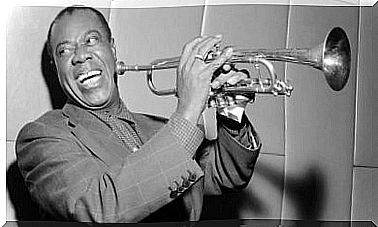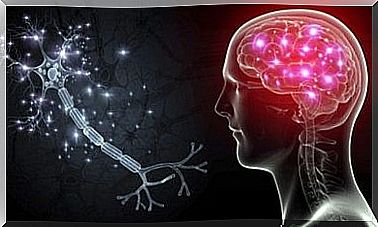Smart People Have Fewer Friends

It doesn’t seem to be smart to have few friends, but just the opposite: lack of friends relegates a person to the group of “weird animals”, those people who don’t like to relate to others. But what’s true about it? Is it true that having fewer friends is weird? Some say this is typical behavior for smart people.
A revolutionary statement that has made many people feel identified. A survey revealed that smart people have far fewer friends, perhaps because they act in a very different way that we are used to.
This statement has been received by many quite familiarly, a myth they had heard about but which no proof or open study was ever made. By the time statistics came to light that confirm that this legend is real.
smart people and friends
Maybe you understand smart people like those who when they study get good grades and always have a book in their hands. They prefer to spend their time in the library advancing on the exercises that the teacher has given them. Socializing is not a situation they need, and not only that, they are happier in their solitude.

Research by the London School of Economics and Singapore Management University revealed that people with a higher IQ don’t need to interact as much with others to feel good.
However, people with a much lower IQ show this tendency to socialize and spend more time getting to know people. This demonstrated that smart people go against the grain with the rest of the population. They don’t do what is considered “normal”. They are happy without such an active social life.
15,000 people between 18 and 28 years old participated in the survey. A very young age group where the need for interaction and to meet other people is greater. Despite this, intelligent people were not so happy when they socialized with others. This pleasant feeling of being with other people and meeting new people was not perceived by them in the same way.
solitude and independence
Many people have serious problems with loneliness and emotional dependency. We were not brought up to live apart from everything and everyone, but just the opposite. We are social beings and we have the ability to be well in company, and even sometimes we seem to need that company. But what happens when you are happy in solitude?
Research has shown that smart people are much happier when they spend time alone. This does not mean that they isolate themselves from the world, of course they interact with the rest of the world, but with people close to them and family members.

Smart people count their friends on the fingers of one hand, and if those friendships fail, they’ll have no problem moving on. They are prepared to face life without the need for any support. In contrast to many people, they don’t put their happiness in the hands of others.
As such, they are much more independent and enjoy their solitude, which for many people is unthinkable. In this regard, the research took into account the savanna theory , a theory that focuses on the evolution of the human brain since the dawn of our days.
When homo sapiens was taking his first steps in this world, he did not separate himself from the rest, but lived with the rest in large open spaces. There were few people and to protect themselves and survive they formed groups.
Smart people compare to these environments so big and lonely, with few people around them. That’s why they are prepared to face the challenges on their own, without help, without support from strangers. They are self-assured and perhaps relying on other people they don’t know could delay their goals.
The smartest people who have contributed great inventions to the world are not specifically characterized by their socialization. Perhaps their projects and goals made them much happier than interacting with others. Satoshi Kanazawa of the London School of Economics himself made another bombastic statement: the smartest women don’t have children or have them later.
This has its logic if we look at the world. People with more education, who have had a career or some other type of education, do not have children until after 30 years of age. However, many who dropped out of primary and secondary education already have a family formed with one or more children.
It seems that being more or less intelligent has a lot to do with addiction and the direction life will take. According to research presented, a greater or lesser intelligence will take a person down one path or another.









